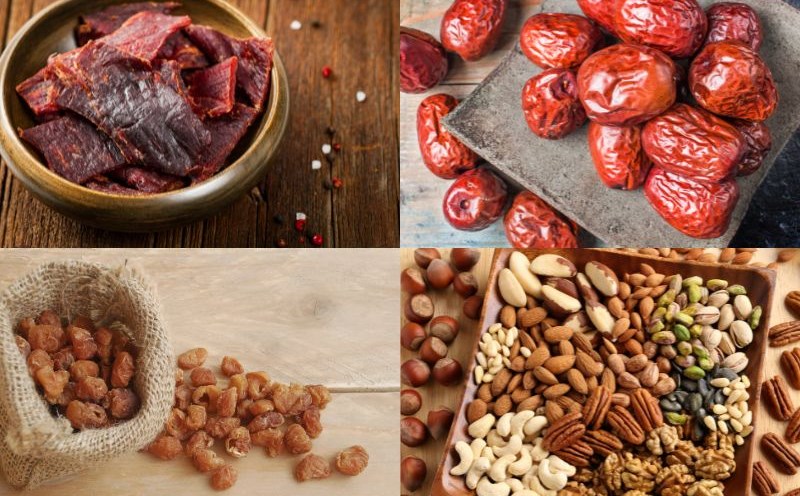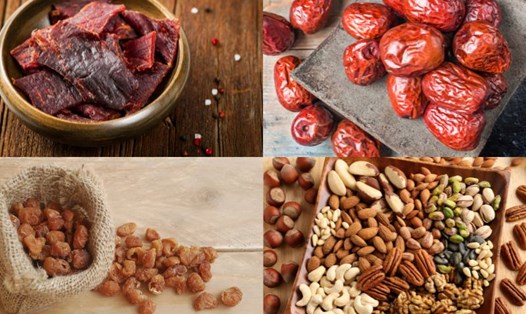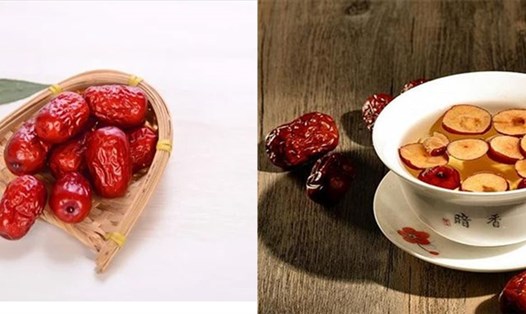Tempeh (pressed soy sauce, food originating from Indonesia, often used in vegetarian diets) is made from washed, steamed, cooled and fermented soybeans (created by a controlled culture and fermentation process).
Tempeh is rich in vitamin B1 and vitamin B2.
Soy isoflavones in tempeh play an important role in anti-tumor, anti-oxidation and preventing capillary fragility in the elderly.
Oligosaccharides produced during tempeh fermentation can significantly increase the number of bifidobacteria in the gut and help improve gut function.
The thrombolytic enzyme produced in tempeh during fermentation has the function of dissolving blood clots and can prevent cerebral thrombosis. It also has the effect of improving cerebral blood flow and preventing and treating Alzheimer's disease in the elderly.
Eating tempeh in moderation can reduce bad cholesterol and low-density lipoprotein levels in the body, while increasing high-density lipoprotein levels.
Therefore, tempeh is a food that not only serves as a spice but also has the effect of curing and preventing diseases, helping to prolong life.











